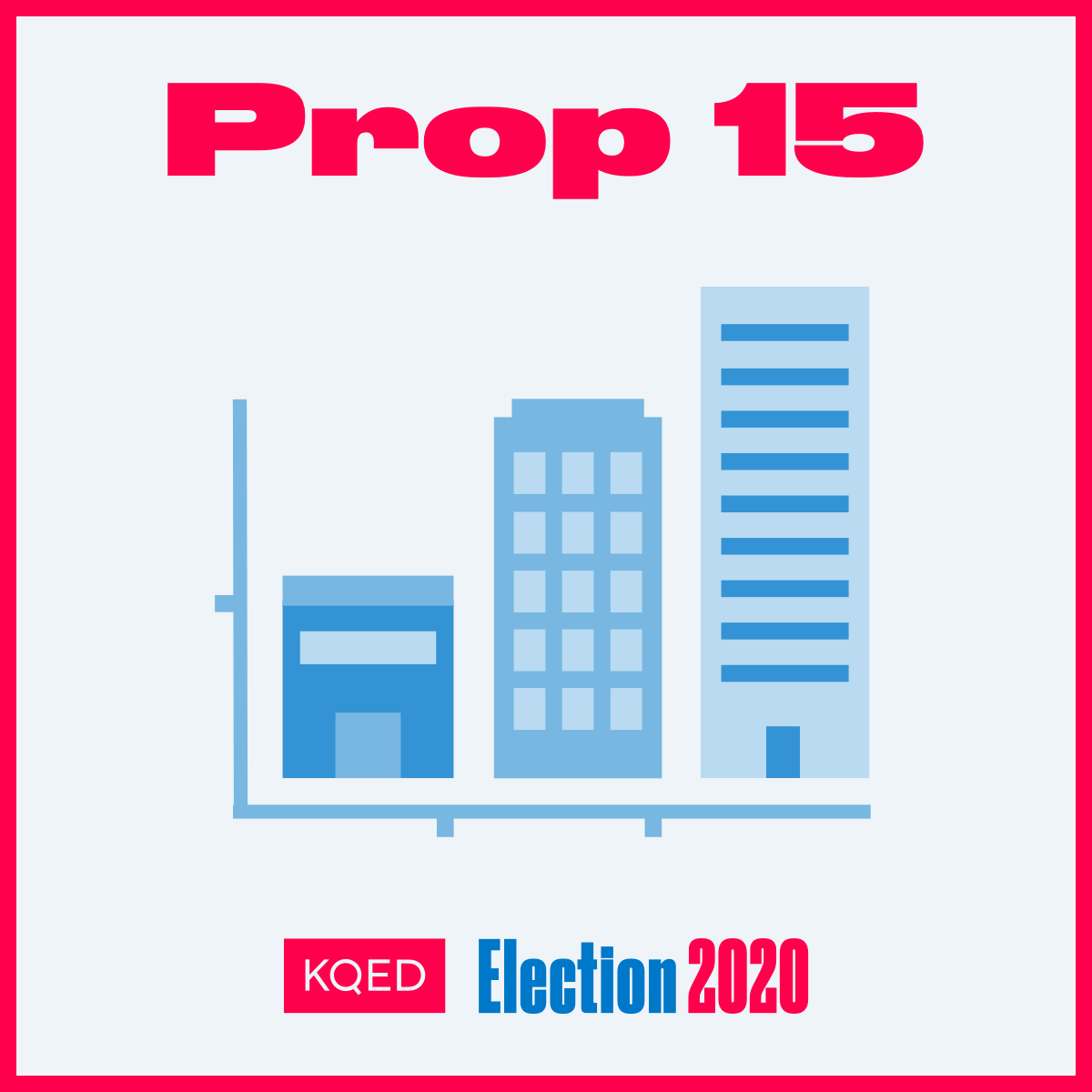California voters narrowly rejected a ballot question to partially dismantle the state’s 42-year-old cap on property taxes. Proposition 15 failed to reach the majority vote needed to pass on Tuesday night, according to the Associated Press.
Proposition 15, a measure backed by organized labor to fundamentally change the way California calculates property taxes for commercial and industrial real estate and generate revenue for schools and local government services, failed Tuesday night.
Proposition 15 represented a wish by liberal Democrats, ever since the landmark tax-cutting measure Proposition 13 passed in 1978, to create a so-called "split roll" — splitting off commercial and industrial property from residential and farm land for the purpose of calculating taxes.


